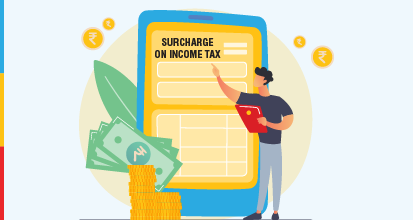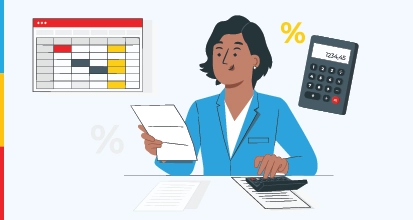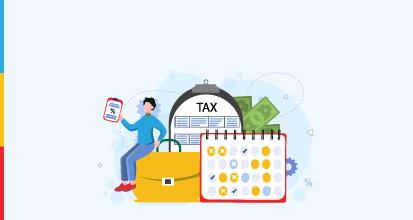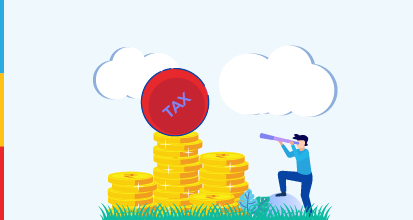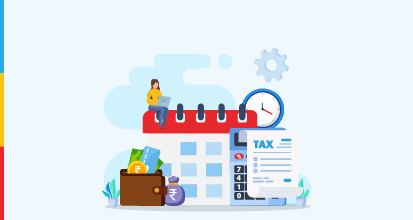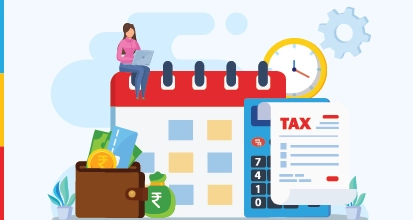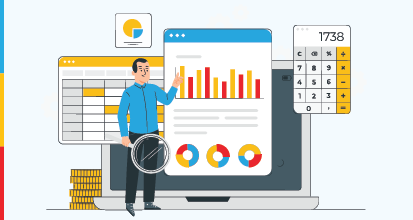- Gratuity: It is a lump-sum benefit paid by employers to employees as a token of appreciation for long-term service
- State-levied Tax: State governments set tax rates, collect them, and retain the revenue
- Slab Rate: The income range that is subject to this tax is known as the Income Tax Slab
- Section 16: A provision in the Income Tax Act that allows salaried individuals to claim deductions on professional tax paid
- Employer's Responsibility: An employer is liable to deduct and deposit tax on behalf of the employee to the state government
Written by : Knowledge Centre Team
2025-12-15
3427 Views
12 minutes read
Share







